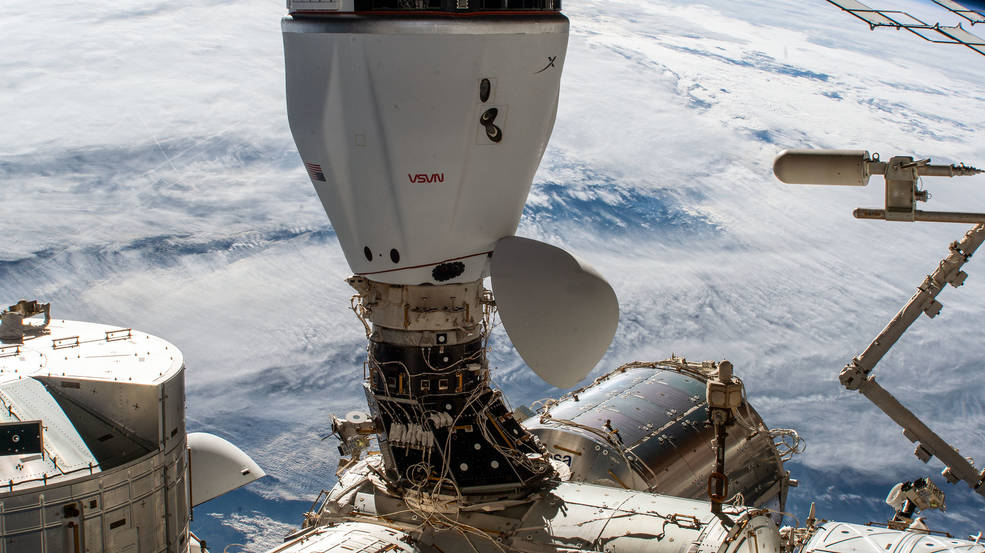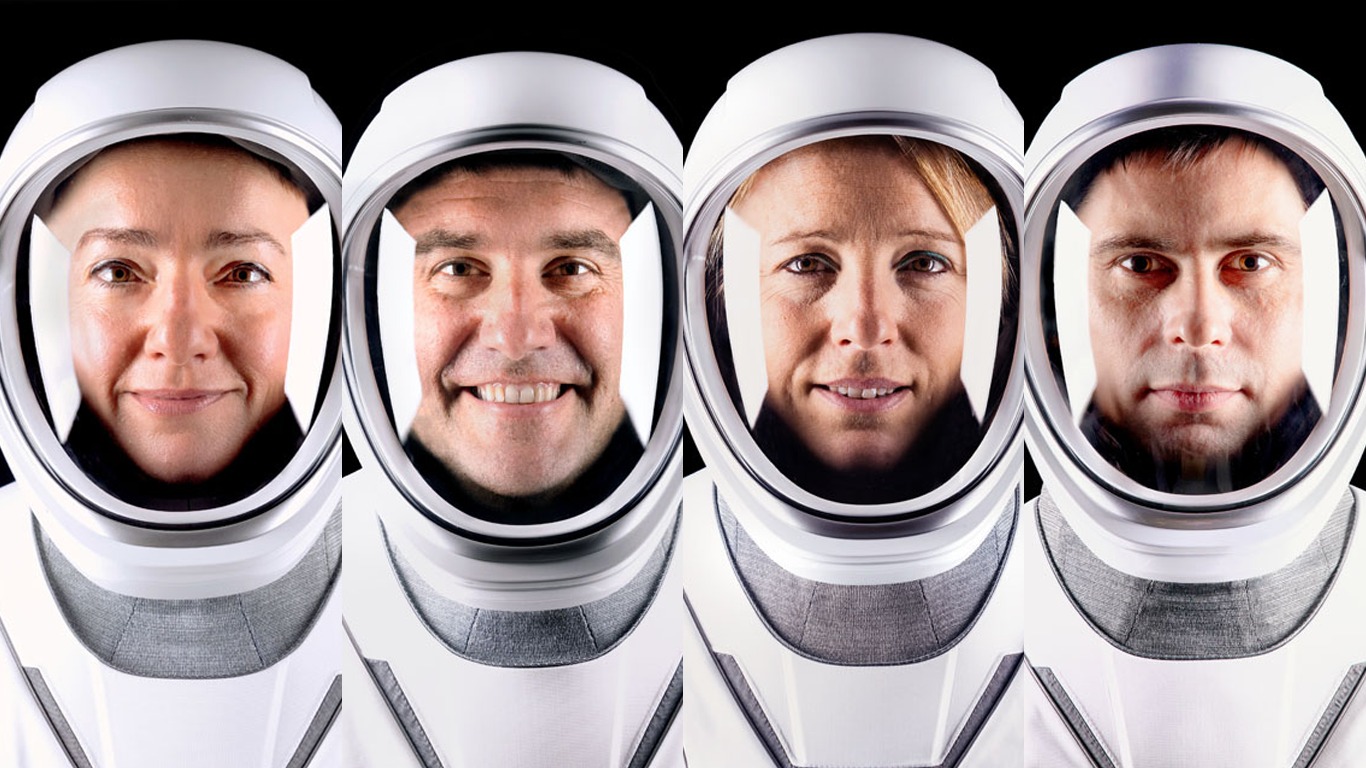Europe wants a private cargo spacecraft by 2028
And the freighter must be able to bring supplies safely down to Earth.

The European Space Agency is looking to change the way it approaches space exploration and foster a commercial cargo return capability within five years.
Government ministers representing the European Space Agency’s Member States at the ESA Space Summit in Seville, Spain, on Monday (Nov. 6) agreed to launch a competition for innovative companies based in Europe to develop a space cargo return service.
The goal will be to develop, by 2028, a commercial vehicle that can deliver supplies to the International Space Station and also return cargo to Earth.
Related: Facts and information about the European Space Agency
"I'm very proud to say that we have reached an agreement … that we will buy a cargo return vehicle that should fly to the International Space Station by 2028," ESA Director General Josef Aschbacher said during the Space Summit press conference.
The vehicle will then return to Earth with some level of cargo. ESA will act as an anchor customer. The agency will not specify masses to be launched to or returned from the ISS, nor specify the launcher to be used, ESA officials said.
"We really are in Europe at the brink — and therefore I call it a historic moment — of a paradigm shift in the launcher and space transportation, going from the current model, which we have in Ariane 5 and 6 and before, into a challenges model, a competition model where we buy a service as an anchor customer," Aschbacher said.
Breaking space news, the latest updates on rocket launches, skywatching events and more!
"We do not have this capability in Europe today. Doing this in 2028 — and this is what we will ask for the challenge — is very fast."
"I think this again is a very important decision that we are immediately, today, with this decision, starting to work, to have this challenge opening [and] not losing time," Aschbacher added.
ESA will use existing funds already granted at the 2022 ESA Ministerial, a once-every-three years conference at which funding levels are decided.
An initial €75 million (about $80.4 million US at current exchange rates) will be divided between two or three winners of the open competition to proceed. While a relatively small sum, this should help unlock private funding to support entrants, according to Aschbacher. ESA will then aim to secure future funding from its member states for the initiative in 2025.
The service vehicle developed for the contest could evolve to a crew vehicle and eventually serve other destinations, if Member States are interested in pursuing the capabilities, according to a related ESA statement.
NASA notably introduced commercial cargo programs more than a decade ago, which saw two private companies send cargo to the ISS, and helped the rise of SpaceX. China recently also began a competition to develop low-cost cargo solutions to service its Tiangong space station.

Andrew is a freelance space journalist with a focus on reporting on China's rapidly growing space sector. He began writing for Space.com in 2019 and writes for SpaceNews, IEEE Spectrum, National Geographic, Sky & Telescope, New Scientist and others. Andrew first caught the space bug when, as a youngster, he saw Voyager images of other worlds in our solar system for the first time. Away from space, Andrew enjoys trail running in the forests of Finland. You can follow him on Twitter @AJ_FI.
